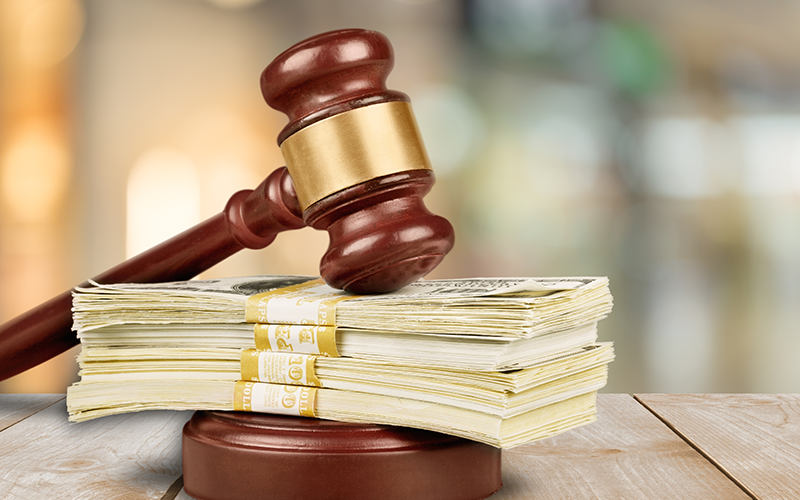(OLYMPIA, Wash.) — Two years ago, just days after the Washington State Legislature voted to impose a hotly debated — and clearly illegal — capital gains tax on residents of the Evergreen State, the Freedom Foundation filed a lawsuit to challenge the measure and vowed to carry the struggle all the way to the U.S. Supreme Court if it came to that.
Today, it did.
On Aug. 21, the organization filed a petition for certiorari asking the court to hear its appeal in Quinn v. Washington, arguing that what started out as an unconstitutional tax under the state constitution now has federal implications.
The appeal became necessary last March, when the Washington State Supreme Court overturned a 2022 Superior Court ruling siding with the Freedom Foundation’s assertion that the new tax violated requirements in the state constitution that property and income taxes be assessed uniformly.
The court ruled that the tax, which imposes a 7 percent assessment on capital gains above $250,000, is exempt from state constitutional restrictions because it is an excise tax on the sale of assets rather than a tax on the income resulting from the transaction.
In its appeal to the U.S. Supreme Court, the Freedom Foundation contends the capital gains tax violates the Commerce Clause of the U.S. Constitution, which reserves to Congress the right to regulate interstate commerce, thus depriving states of the ability to do so.
As structured, the tax applies not to the sale of capital assets in Washington state but to the sale of capital assets by Washington residents. Consequently, Washington’s tax could apply to the sale of capital assets held in other states by Washington residents, and the sale could also be taxed by the state in which the sale takes place.
If the Supreme Court decides to accept the case and concludes that the tax violates the Commerce Clause, it could strike down the entirety of the tax and potentially open the door for the refund of taxes previously paid.
Washington’s liberals in every branch of government have long lamented the absence of an income tax in the state and sought ways to generate additional revenue by taxing high earners at a higher rate than those earning less.
While conceding it only affects a relatively small number of residents, critics of the capital gains tax fear it could open the door to a graduated income tax.
“The framers of the Washington State Constitution recognized that earning should be encouraged, not punished, because economic success benefits everyone,” said Eric Stahlfeld, Freedom Foundation chief litigation counsel. “And more than 100 years of court precedent have supported that view. “
In carving out a justification to avoid the limits of state law, the state court may have solved a state-law problem but created a federal-law problem.
“Had this case been heard by a federal court instead of state court, it would already have been thrown out,” Stahlfeld said. “It violates the ‘dormant’ Commerce Clause. States simply have no power to interfere with another state’s power over activities within that sovereign state.”
“Ultimately, this attempt will fail, too,” Stahlfeld predicted.











